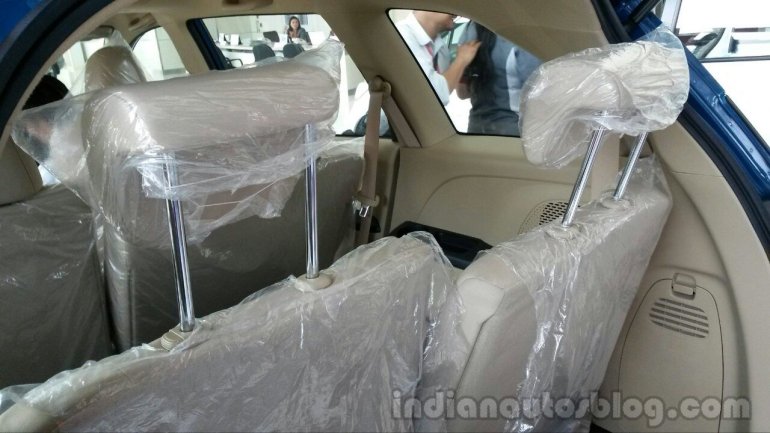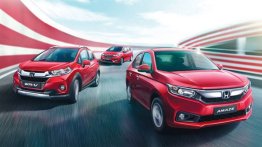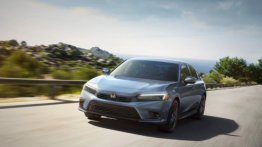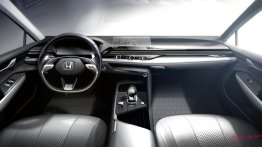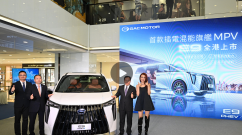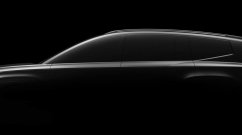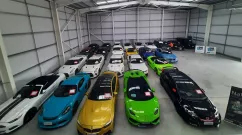Indonesian Indian Autos Blog reader, Iswahyudi Hanafiah (Yudi), a (Maruti) Suzuki Ertiga owner, has shared his first look at the Honda Mobilio that started retail in Indonesia a few weeks earlier. The Indonesian Mobilio is made at Honda's second factory in the archipelago in West Java. Bookings for the light MPV began in September 2013.
He shares his views and opinions in this story. Note that this is not a driving review.
On the exterior, he finds the design of the Mobilio largely reminiscent of the Brio, on which its based, though he says the design is very attractive. The door handles and a few common exterior parts are common with the Brio.
He particularly shares with us that the design of the rear glass section cutting into the pillar is something new, and uncommon. Found in French cars from Citroen and Peugeot, it lends freshness to the MPV, he says. Yudi also praises the design of the taillights, which he says, look like that of the BMW X3's.
The variant you're looking at is the Mobilio Type E. The base variant, Type S, is offered only with a manual transmission, while the Tipe S comes with a manual and CVT (seen here is the manual). The top-end Prestige variant comes with chrome inserts.
Under the hood, the Mobilio is powered by a 1.5-liter i-VTEC petrol engine (a diesel car will be made for India). Yudi notes that the battery of the car cannot be upgraded to a larger size (for after-market electricals) as the battery chamber is just about big enough for the OEM unit. On starting the car, he says that the engine was extremely silent.
Inside, the Mobilio's interior is exactly alike the Brio's, though colors used in certain places are different. Comparing the MPV to other Indonesian MPVs such as the Toyota Avanza and Maruti Ertiga, Yudi feels the quality offered on the Honda is not great. The instrument cluster does not look as sporty as the Brio's thanks to the choice of colors, he says.
The second row seats of the Mobilio can slide/recline in a 60:40 ratio. Yudi praises the amount of legroom and the easy folding nature of these seats, though he feels the seat width could be better. The placement of the secondary AC is much appreciated by him.
The third row seats is similar to Ertiga, with a bit more room, and is best suited for children. Yudi recommends that Honda bring out a variant with captain chairs for smaller families.
The boot space, even with all seats in place, is very good. Four trolley bags can be stacked vertically without the need to fold any seats. For further space, the third row seats can be tumbled forwards, though fold-flat seats would be appreciated more says our reader.
The spare wheel is mounted externally, underneath the car. The mechanism used to lower it is similar to those seen on many Indian MPVs. The toolkit is neatly concealed in a side panel, thereby permitting easy accessibility.
Yudi signs off by praising the design and space of the Mobilio. Overall, he would have liked better quality interior plastics, if not a better looking interior, in this Ertiga-rivaling MPV.






